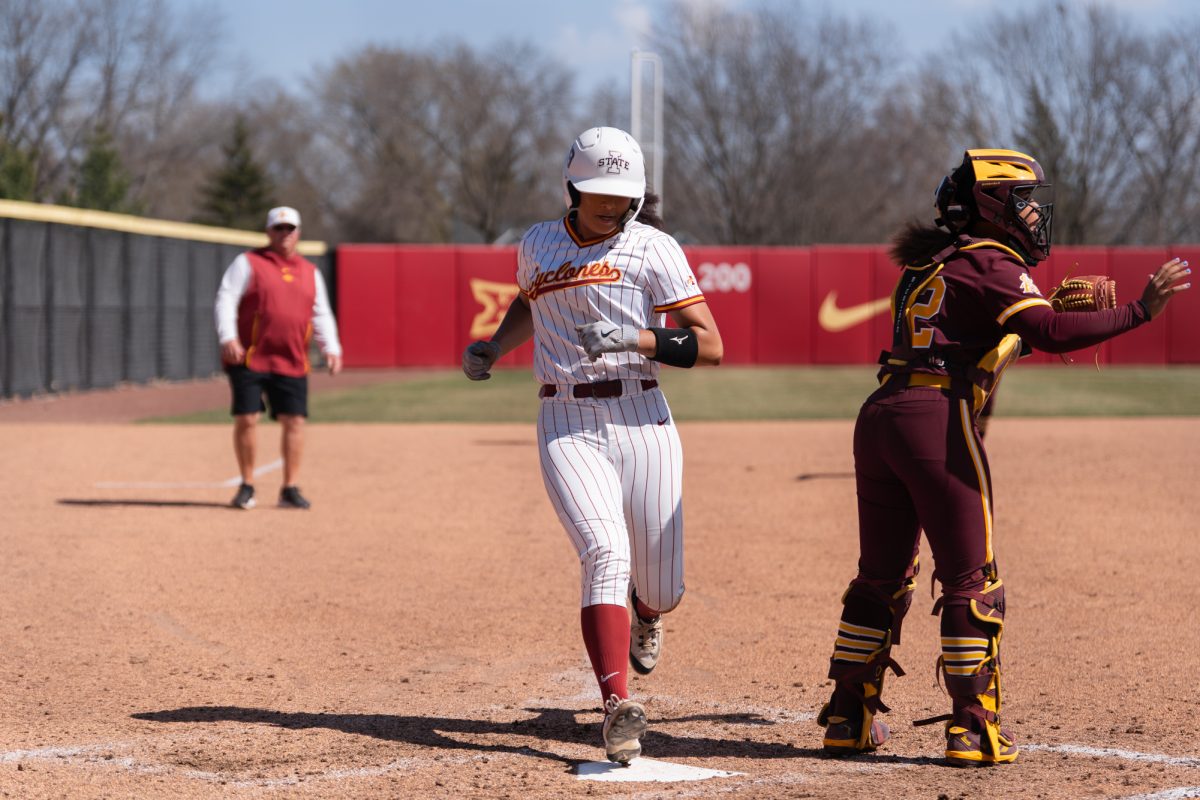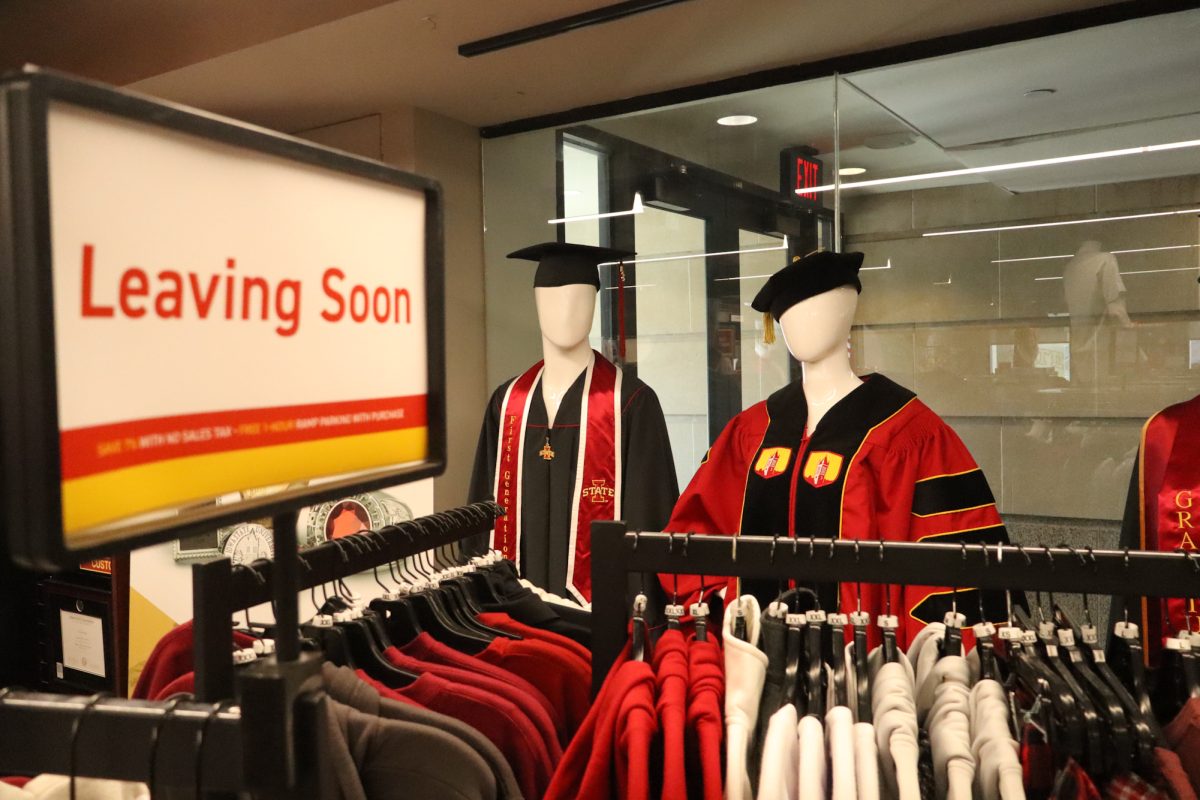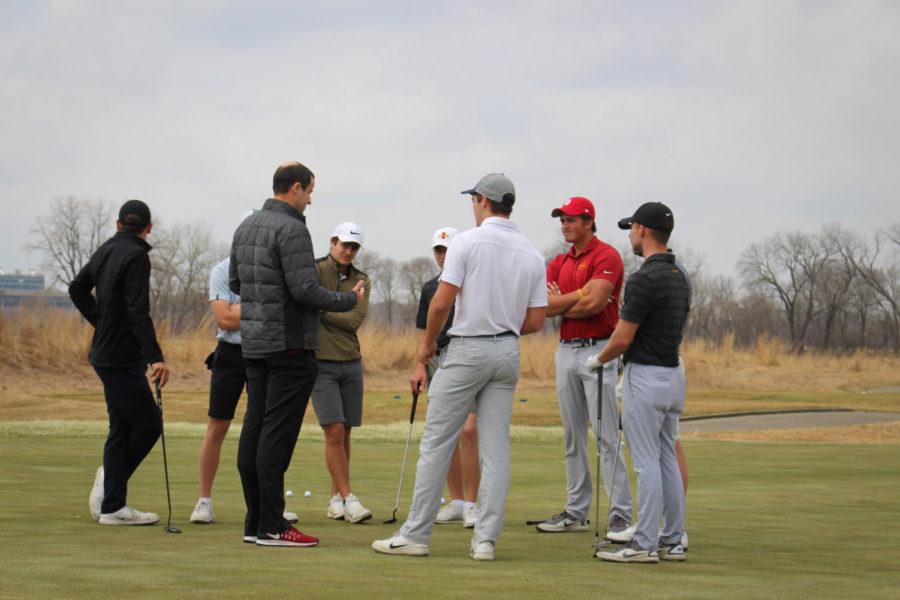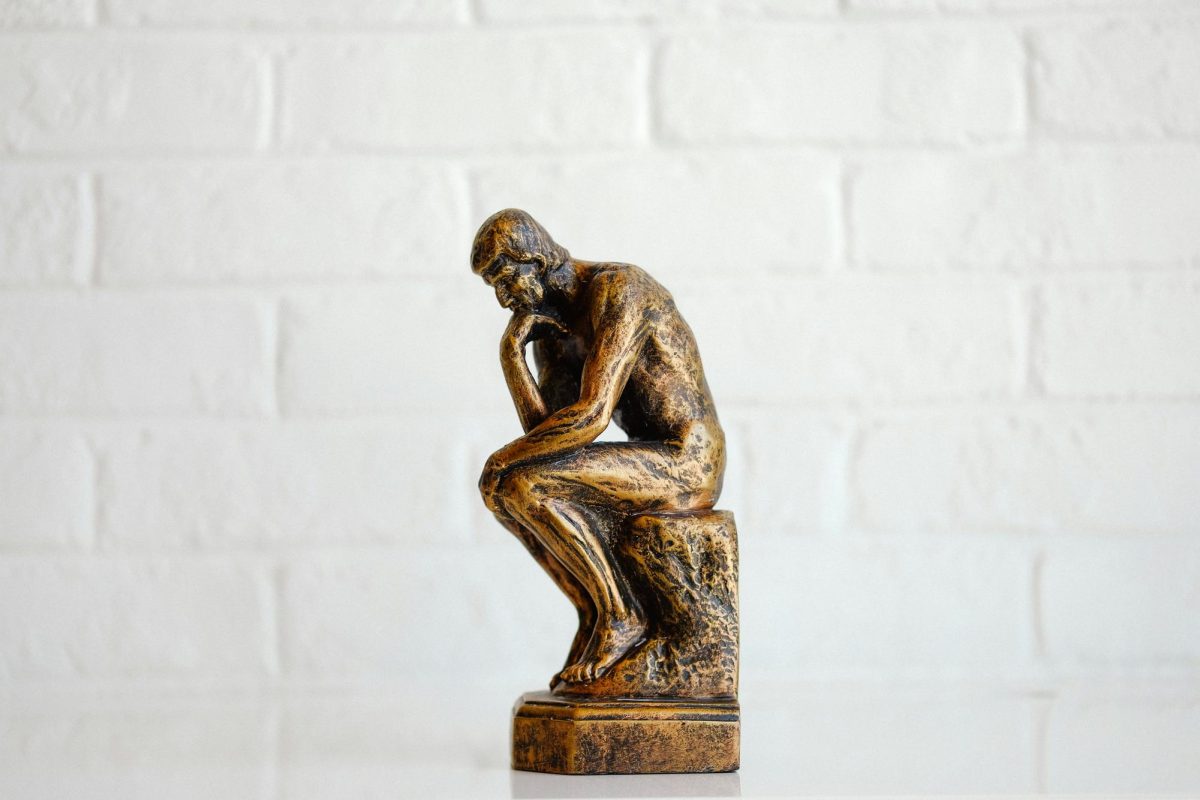Task Force reevaluates multicultural center
February 24, 1999
Though talk of designating part of Morrill Hall as a multicultural center has died down, the Multicultural Task Force still is considering creating such a center.
Loren Zachary, member of the Multicultural Task Force and assistant dean of the College of Engineering, said he hopes that a multicultural center will be developed, but for now, the main concern is where to put it.
“There is a space issue, but I’m hoping that something will come out here, maybe with the [Memorial] Union],” he said. “That’s a nice focus for students, so that seems like a good place for it to be.”
Zachary said what a multicultural center should be also is important to consider.
“Last year, a survey was done on what people thought they would like to have, and there was a lot of different ideas,” he said.
Some students said they felt that Iowa State already is diverse.
“I would say Iowa State is already one big multicultural center,” said Steve Brooks, junior in computer science. “There’s already people of all sorts of nationalities here, and compared with most of Iowa, it’s more diverse.”
Brooks said the concept of a multicultural center “somewhat cheapens the diversity that we should focus on.”
“People [already] have the chance to work with people from different backgrounds in class and different clubs and organizations,” he said.
Zewde Demissie, sophomore in genetics, said a multicultural center could be redundant because of the student cultural groups already in existence at ISU.
“Since there are already these groups in place, I think students would go there before they would go to the multicultural center,” Demissie said.
Irma White, Minority Student Affairs program assistant, said she has not made up her mind about the possibility of a multicultural center.
“It would have the physical appearance of diverse groups working together within an area, and the positive aspect of working together would be hopefully towards positive goals,” she said.
However, White said one negative aspect of a multicultural center is that it could become “kind of like an island to themselves.”
“In that atmosphere, they would be working with others within that area, and maybe not fully reaching out to other communities,” she said.
White also said this sort of atmosphere could become an easy target for people who are opposed to a particular culture.
“My fear is of having a place that is identifiable for the people that are not so responsive to diversity,” White said. “[Such as] making that culture center a target or a mark which to channel their energy.”
However, Zachary said he does not believe that type of situation would occur.
“I think the awareness that we have, so many different cultures here, I’d like to be able to think of [a multicultural center] as being able to celebrate that diversity,” he said.
White said ideally, everyone should accept diversity. “That way there would be no particular little building set aside.”
“I think it will take very dedicated individuals to push forward such a thought [of diversity],” she said. “One person can’t actually do it by themselves — it has to be a group effort.”
White did not feel last year’s focus on creating a multicultural center was because of The September 29th Movement, a group that lobbied for diversity at ISU.
“There has been in the back of people’s minds to have a cultural center,” she said. “[It just] has not materialized because of the difficulties of putting a dictionary-type meaning on what ‘multicultural’ is.”






